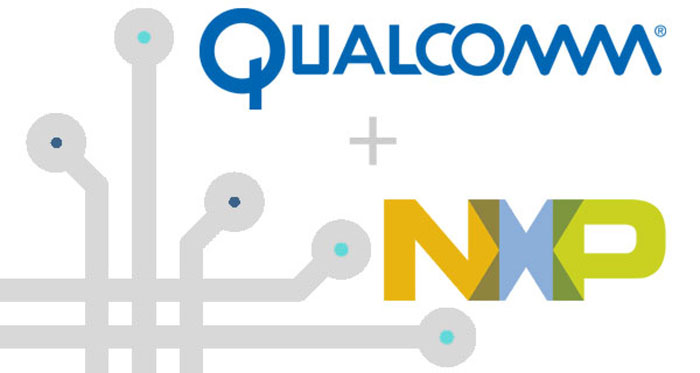Broadcom has made an offer to buy Qualcomm which, if it goes through, would be the biggest ever tech deal. Yesterday Broadcom announced that it had put a deal worth $130bn on the table. It offered $60.00 in cash and $10.00 per share in Broadcom shares for Qualcomm shares. That $60 was a 28 per cent premium over the closing price of Qualcomm common stock on 2nd November (ahead of media speculation about this deal). Broadcom described its offer as “compelling for stockholders and stakeholders in both companies”.

At the time of writing it isn’t clear whether Qualcomm will engage with Broadcom in talks about the proposal or fight against the suggested takeover. In a short statement regarding the Broadcom offer, Qualcomm simply said that it would “assess the proposal in order to pursue the course of action that is in the best interests of Qualcomm shareholders.” Qualcomm won’t comment further until after that assessment.
Interestingly Broadcom indicated that it would maintain its offer, regardless of the outcome of Qualcomm's ongoing efforts to acquire NXP Semiconductors, a major player in global automotive semiconductors. Qualcomm made a $38bn bid for Dutch company NXP last month.

Broadcom could ‘go hostile’
Bloomberg reports on some chitter-chatter from behind the scenes. It says that Qualcomm isn’t that likely to accept this first offer from Broadcom. The argument might be that currently Qualcomm shares are undervalued, due in part to the nasty legal battle with Apple. However, if there is such push-back, Broadcom is expected to “forge ahead with a direct appeal to Qualcomm shareholders,” in a proxy battle for control of the company.
Regulatory issues
Even if both companies agree on a deal there could be some regulatory issues to face. A semiconductor industry analyst speaking to Bloomberg highlighted that the resulting chip ‘behemoth’ would control approx 65 per cent of the bill-of-materials that goes into smartphone handsets. Regulators would worry about such a controlling influence; which may bundle with pricing to keep competitors out, or alternatively increase prices due to having such a strong grip on the components market.






